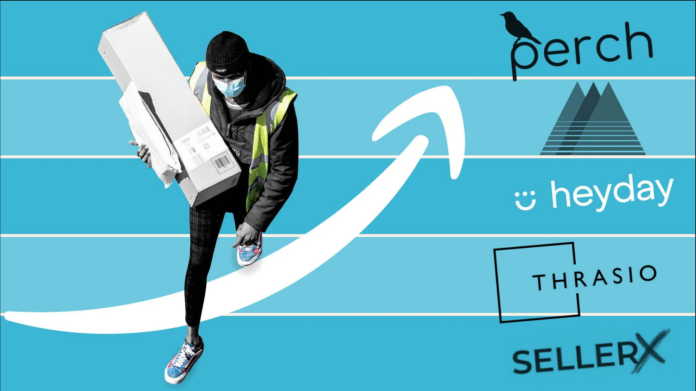Aggregators have become a topic of discussion lately because of the success of businesses owned by frum people selling on Amazon, which are seen as attractive acquisitions for aggregators. Selling your business to an aggregator can make you a lot of money; some people claim that a billion dollars has already been invested in heimishe-owned companies.
Meny Hoffman of Ptex Group has been advising businesses on how to use this new trend to their advantage.
How does the aggregator space work?
Mergers and acquisitions (M&A) have always been around in the consumer goods and technology industries. But over the past two years, aggregators have been aggressively buying out private-label Amazon stores. Instead of starting brands themselves, they are purchasing existing stores and growing them by using their expertise and resources.
A single person can build a successful Amazon business, but aggregators have the ability to build it to a level that is exponentially higher. While the average seller on Amazon sells in the US, Canada and maybe a bit in the UK, many aggregators already have worldwide distribution with Amazon, which often means easier access to make sales and an automatic increase of 20% to 30% in sales overnight.
Private equity and venture capitalists (VCs) have also taken note of these buyouts and are investing money in this sector.
To date, nearly $13 billion has been raised. The leading aggregator, Thrasio, has raised over $3 billion, and there are close to 90 aggregators around the world. Each has pros and cons in the way it operates, but they’re all similar in concept.
How is buying and selling Amazon companies different from other acquisitions and mergers?





















